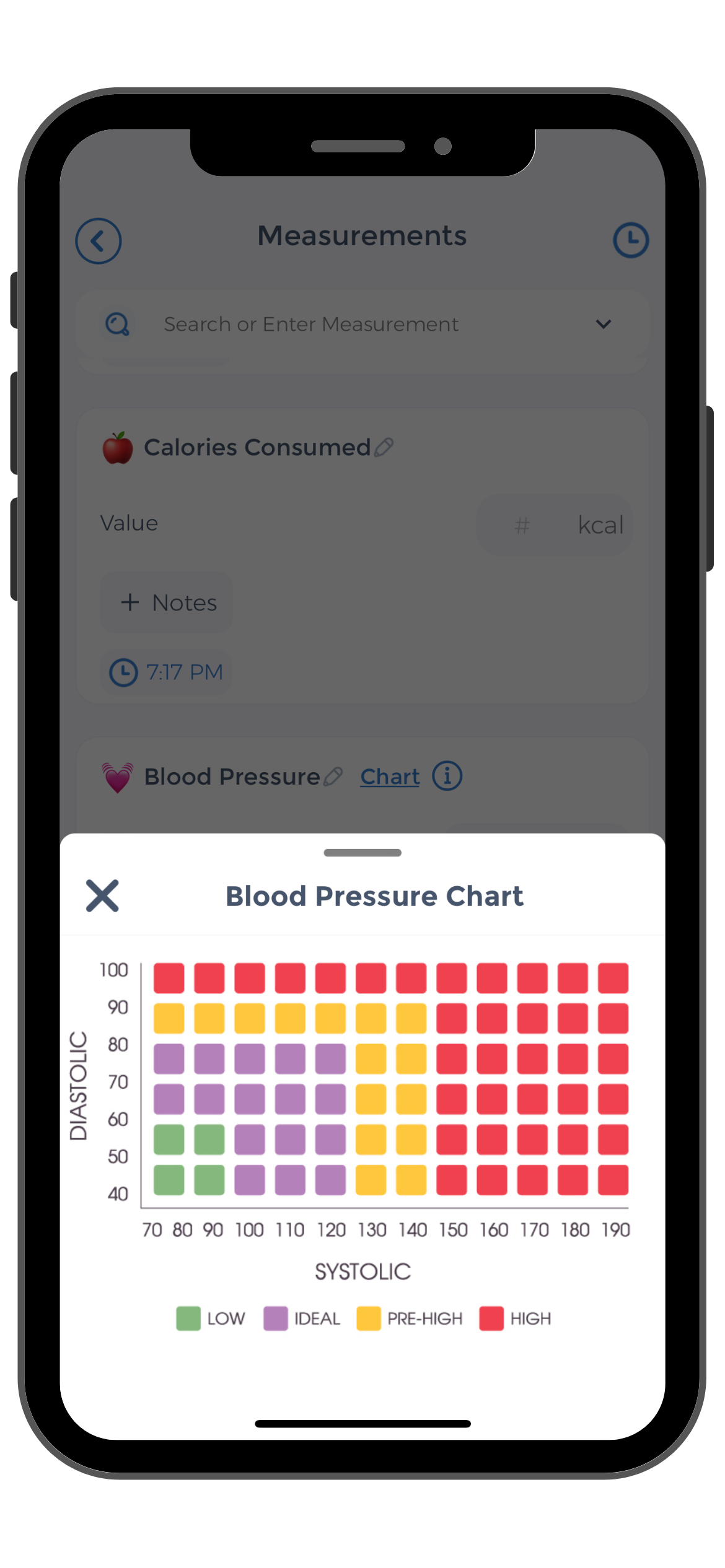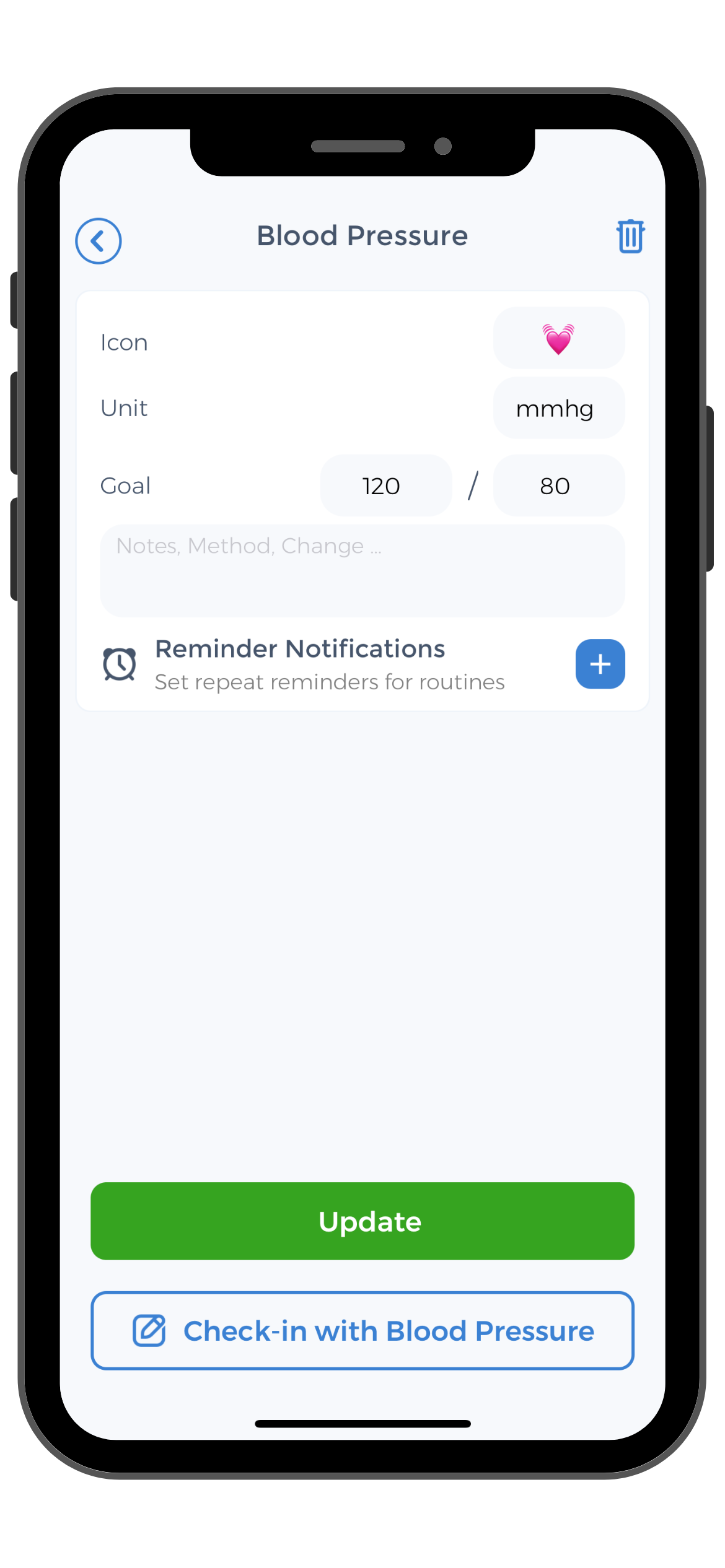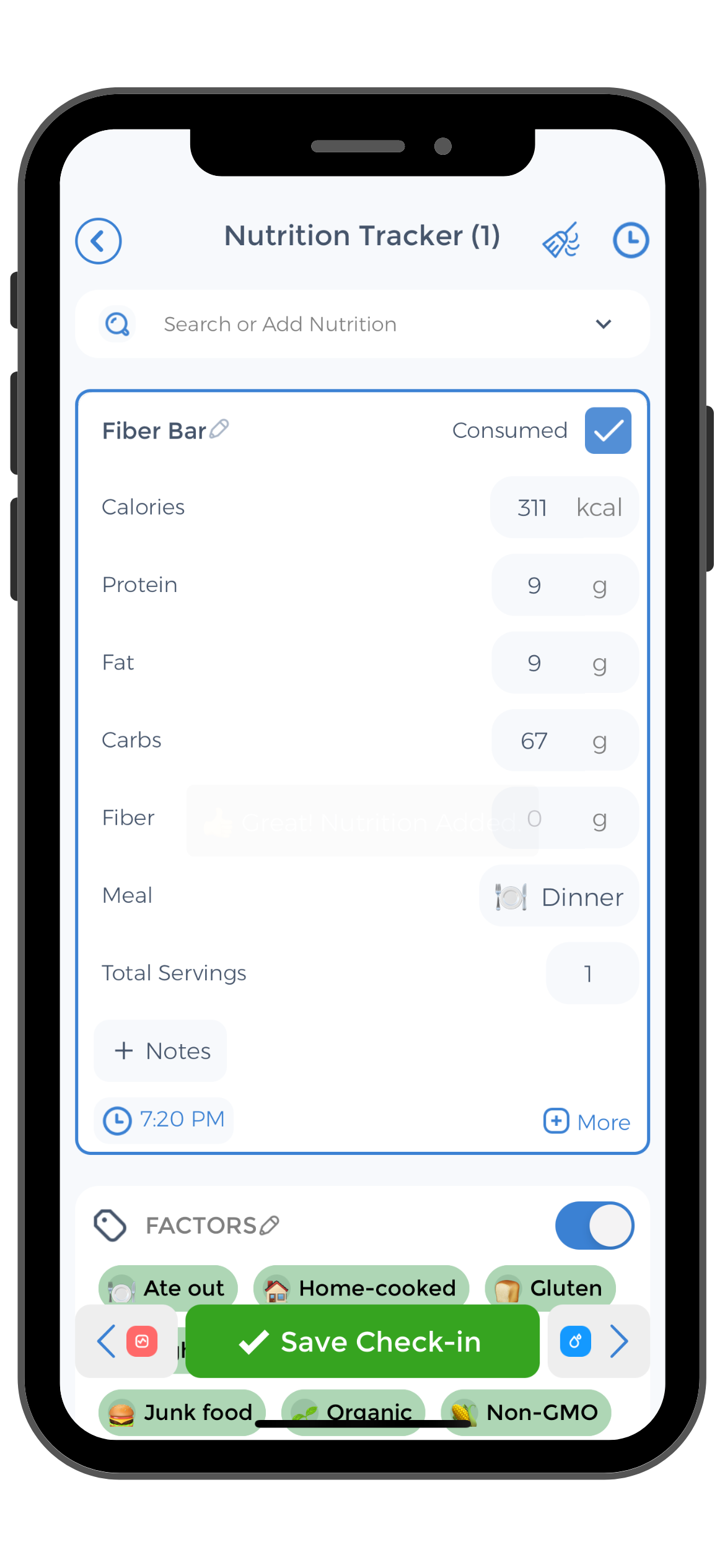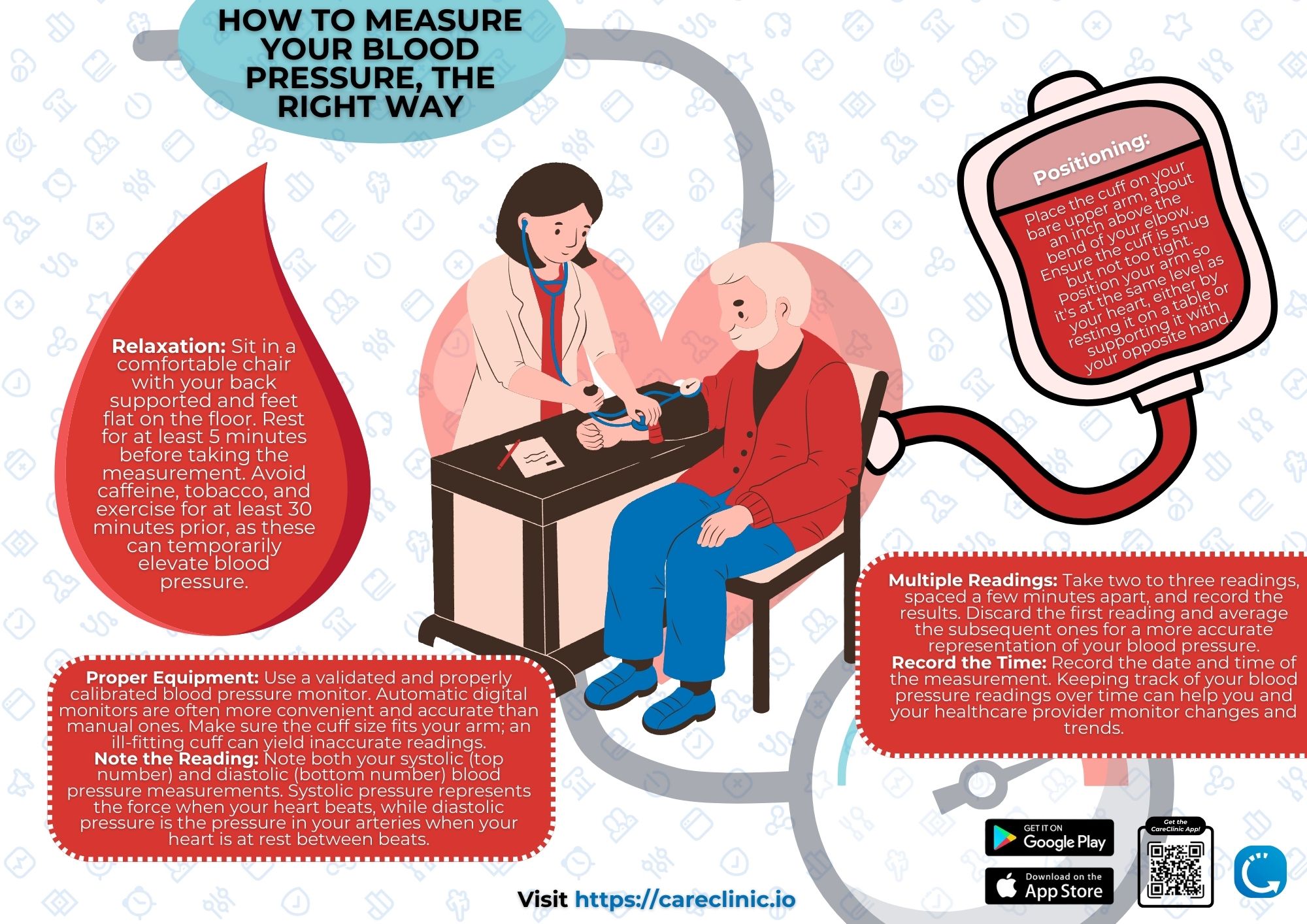
Living with diabetic neuropathy can be challenging, but there are several tips and remedies that can help provide relief and improve your quality of life. In this article, we will explore the different aspects of diabetic neuropathy and discuss effective strategies for managing its symptoms that provide diabetic neuropathy relief.
Understanding Diabetic Neuropathy
 Diabetic neuropathy is a type of nerve damage that occurs in individuals with diabetes. It is a common complication of diabetes and can affect various parts of the body, including the feet, legs, hands, and arms. Understanding the connection between diabetes and neuropathy is essential to effectively manage this condition.
Diabetic neuropathy is a type of nerve damage that occurs in individuals with diabetes. It is a common complication of diabetes and can affect various parts of the body, including the feet, legs, hands, and arms. Understanding the connection between diabetes and neuropathy is essential to effectively manage this condition.
Diabetic neuropathy is a complex and multifaceted condition that requires careful attention and management. Beyond the physical symptoms, it can also impact a person’s quality of life, leading to emotional distress and mental health challenges. It is crucial for individuals with diabetes to have a comprehensive care plan that addresses not only the physical aspects of neuropathy but also the emotional and psychological effects it may have.
The Connection Between Diabetes and Neuropathy
Diabetes causes high levels of blood sugar, which, over time, can damage the nerves in the body. This nerve damage can lead to symptoms such as tingling, numbness, pain, and weakness. It is crucial to maintain optimal blood sugar control to minimize the risk of developing or worsening neuropathy.
In addition to blood sugar control, other factors such as high blood pressure management, cholesterol levels, and lifestyle habits play a significant role in the development and progression of diabetic neuropathy. By adopting a holistic approach to diabetes management, individuals can reduce the impact of neuropathy and improve their overall well-being.
Symptoms and Diagnosis of Diabetic Neuropathy
Diabetic neuropathy can manifest in different ways, depending on the nerves affected. Common symptoms include burning or shooting pain, loss of sensation, muscle weakness, and difficulty walking or performing delicate tasks. If you experience any of these symptoms, consult your healthcare provider to properly diagnose diabetic neuropathy.
Early detection and intervention are key in managing diabetic neuropathy effectively. Regular screenings and check-ups can help healthcare providers identify the condition in its early stages and implement appropriate treatment strategies to prevent further nerve damage. By staying proactive and informed about diabetic neuropathy, individuals can take control of their health and well-being.
The Importance of Blood Sugar Control
Maintaining healthy blood sugar levels is vital for managing diabetic neuropathy. Uncontrolled blood sugar can worsen nerve damage and increase the risk of complications. By monitoring your blood sugar closely and making necessary adjustments to your diabetes management plan, you can effectively reduce neuropathy symptoms.
Diabetic neuropathy is a type of nerve damage that can occur in individuals with diabetes. It is often a result of prolonged high blood sugar levels that damage the tiny blood vessels that supply nerves with vital nutrients. This damage can lead to symptoms such as numbness, tingling, and chronic pain in the affected areas. By controlling blood sugar levels, individuals can slow down or even prevent the progression of neuropathy.
How Blood Sugar Levels Affect Neuropathy
Elevated blood sugar levels can lead to oxidative stress and inflammation, both of which can damage nerves over time. By keeping your blood sugar within target ranges, you can minimize the risk of nerve damage and alleviate the symptoms of neuropathy and diabetic polyneuropathy. It is important to follow your healthcare provider’s recommendations for blood sugar control.
In addition to nerve damage, uncontrolled blood sugar levels can also impact other organs in the body, such as the kidneys, eyes, and heart. Consistently high blood sugar levels can increase the risk of kidney disease, vision problems, and cardiovascular issues. Therefore, maintaining healthy blood sugar levels is crucial not only for managing neuropathy but also for overall health and well-being.
Strategies for Maintaining Healthy Blood Sugar Levels
- Follow a balanced diet that includes high-fiber foods, lean proteins, and healthy fats. Avoid processed foods and sugary snacks.
- Monitor your blood sugar levels regularly and adjust your diabetes medications or insulin as necessary.
- Engage in regular physical activity, such as walking or swimming, to help control blood sugar levels and improve overall health.
- Consider using a diabetes management app like CareClinic to track your blood sugar readings, medication schedule, and lifestyle habits. Such apps can provide valuable insights and reminders to help you stay on track.
How To Measure Your Blood Pressure?
Lifestyle Changes for Neuropathy Relief
Making certain lifestyle adjustments can play a significant role in managing diabetic neuropathy and alleviating its symptoms. By incorporating these changes into your daily routine, you can improve your overall well-being and reduce the impact of neuropathy on your daily life.
It’s important to note that while lifestyle changes can be beneficial, it’s essential to consult with your healthcare provider before making significant alterations to your routine. They can provide personalized advice based on your specific condition and medical history, ensuring that the adjustments you make are safe and effective.
Dietary Adjustments to Manage Neuropathy
A healthy diet is essential for managing neuropathy symptoms. Include foods rich in antioxidants, such as leafy greens, berries, and nuts, as they help reduce inflammation. Additionally, limit your intake of processed foods and sugary beverages, as they can contribute to nerve damage and worsen symptoms.
Incorporating omega-3 fatty acids into your diet, found in sources like fatty fish and flaxseeds, can also be beneficial for reducing inflammation and supporting nerve health. Maintaining a well-rounded diet that includes a variety of nutrients is key to supporting overall nerve function and mitigating the effects of neuropathy.
The Role of Regular Exercise in Neuropathy Prevention
Engaging in regular exercise not only helps control blood sugar levels but also improves blood circulation, which is crucial for providing essential nutrients to damaged nerves. Aim for 30 minutes of moderate-intensity exercise, such as brisk walking or cycling, most days of the week. Consider incorporating stretching and balance exercises to improve flexibility and stability.
It’s important to listen to your body and tailor your exercise routine to your individual abilities and limitations. If you experience pain or discomfort during exercise, it’s crucial to stop and consult with your healthcare provider to prevent exacerbating your symptoms. Finding a balance between staying active and avoiding overexertion is key to reaping the benefits of exercise for neuropathy relief.
Medical Treatments for Diabetic Neuropathy
 In addition to lifestyle changes, medical treatments can also provide relief from diabetic neuropathy symptoms. Your healthcare provider may recommend specific medications or non-pharmaceutical therapies to help manage your neuropathy.
In addition to lifestyle changes, medical treatments can also provide relief from diabetic neuropathy symptoms. Your healthcare provider may recommend specific medications or non-pharmaceutical therapies to help manage your neuropathy.
Diabetic neuropathy is a common complication of diabetes that affects the nerves, often causing severe pain, numbness, and tingling in the extremities. It is essential to address these symptoms promptly to prevent further nerve damage and improve quality of life.
It’s essential to address diabetic neuropathy symptoms promptly to prevent further nerve damage and enhance your quality of life. Early intervention, coupled with regular monitoring and adjustments to treatment plans, can help manage symptoms effectively. By maintaining healthy blood sugar levels through diet, exercise, and medication, you can further support your neuropathy management efforts and minimize complications.
Medications for Neuropathy Significant Pain Relief
There are various medications available that can help alleviate diabetic neuropathic pain. Common options include over-the-counter pain relievers, such as acetaminophen or nonsteroidal anti-inflammatory drugs (NSAIDs). In some cases, prescription medications like tricyclic antidepressants, anticonvulsants, or topical creams may be necessary to target nerve pain.
It is crucial to work closely with your healthcare provider to find the most effective medication and dosage for your specific symptoms. Some medications may have side effects or interactions with other drugs, so regular monitoring and adjustments may be needed.
Non-Pharmaceutical Therapies for Neuropathy
Non-pharmaceutical treatments can complement medication and play a crucial role in managing diabetic neuropathy. These therapies include physical therapy, occupational therapy, and alternative approaches such as acupuncture, massage, and transcutaneous electrical nerve stimulation (TENS). Discuss these options with your healthcare provider to determine which treatments are most suitable for you.
Physical therapy can help improve strength, flexibility, and balance, reducing the risk of falls and injuries for individuals with diabetic neuropathy. Occupational therapy focuses on adapting daily activities to accommodate any limitations caused by neuropathy, enhancing independence and quality of life.
Coping with Diabetic Neuropathy
Living with diabetic neuropathy can have a significant impact on your mental health and overall well-being. Managing the emotional and psychological aspects of this condition is just as crucial as addressing the physical symptoms.
Diabetic neuropathy is a condition that affects the nerves, causing chronic pain and limitations for those who have it. The constant discomfort can lead to feelings of frustration, anxiety, and even depression. It’s important to acknowledge and address these mental health considerations when managing neuropathy.
Mental Health Considerations in Neuropathy Management
When dealing with the challenges of diabetic neuropathy, seeking support from mental health professionals can be incredibly beneficial. They can provide valuable emotional support and help develop coping strategies to navigate the ups and downs of living with chronic pain.
Additionally, joining support groups specifically for individuals with neuropathy can provide a sense of camaraderie and understanding. Connecting with others who are going through similar experiences can be incredibly comforting. These groups can be found both online and in person, allowing you to share experiences, exchange tips, and find encouragement.
Building a Support Network for Neuropathy Patients: Tips from the American Diabetes Association
Building a support network is crucial for individuals living with diabetic neuropathy. Along with mental health professionals and support groups, healthcare apps like CareClinic can connect you with an online community and provide tailored educational resources.
Benefits of a Support Network
- Emotional Support: Share your experiences and feelings with others who understand.
- Practical Advice: Gain tips on pain management, lifestyle adjustments, and more.
- Educational Resources: Access articles, videos, and webinars on managing neuropathy.
- Motivation: Stay proactive and accountable in your health journey.
Utilizing Healthcare Apps
- Community Support: Connect with others managing neuropathy.
- Personalized Resources: Get information tailored to your needs.
- Symptom Tracking: Monitor your condition and adjust treatments as needed.
Tips for Building Your Support Network
- Join a Support Group: Find local or online groups through the ADA.
- Engage Online: Participate in forums and social media groups.
- Consult Healthcare Providers: Regularly seek guidance from medical professionals.
- Stay Informed: Keep up with the latest research and treatments from reputable sources.
By engaging in self-care and using these strategies, you can manage diabetic neuropathy and improve your quality of life. Remember to consult your healthcare provider for personalized advice and stay proactive in your neuropathy management. The American Diabetes Association is here to support you on this journey.
Use the CareClinic App to Manage Painful Diabetic Peripheral Neuropathy
Take the next step in managing your diabetic neuropathy with the CareClinic App. This comprehensive health app offers a personalized way to track your symptoms, medication, and daily habits, providing insights into what works best for your condition.
With features like medication reminders, symptom tracking, and the ability to log dietary and exercise routines, CareClinic helps you maintain optimal blood sugar levels and manage neuropathy effectively. By consistently using the app, you can identify patterns and make informed decisions about your health.
Download the CareClinic App to Monitor Chronic Neuropathic Pain
Experience the benefits of having a digital health companion at your fingertips. The CareClinic App is designed to empower you in your journey to better health outcomes by providing a centralized platform for all your health management needs.
Understand the impact of your lifestyle choices on your neuropathy symptoms and work towards relieving pain with the app’s easy-to-use interface. Install App today and start taking control of your painful diabetic neuropathy with CareClinic.




